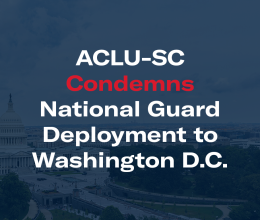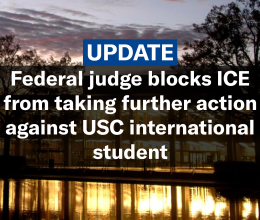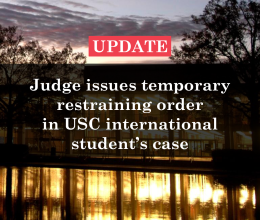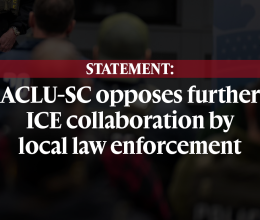
BEAUFORT – Despite multiple public meetings and protests where hundreds of Beaufort County residents expressed their outrage at a proposed collaboration agreement with Immigration and Customs Enforcement, Sheriff P.J. Tanner has signed the most aggressive form of collaboration agreement, according to public ICE records.
"Sheriff Tanner’s decision to move forward with the most aggressive form of 287(g) agreement despite public outcry against collaboration with ICE is deeply disappointing,” said Dulce J. López, Immigrant Rights Advocacy Strategist at the American Civil Liberties Union of South Carolina. “His decision disregards the voices of Beaufort County residents who spoke out in two public meetings and other clear demonstrations of community opposition, and it undermines public trust in local law enforcement. We must continue pressing sheriffs and elected officials to choose their community first over federal entanglement."
The Beaufort County Sheriff’s Office entered a Task Force Model agreement under Section 287(g) of the Immigration and Nationality Act, which authorizes local law enforcement officers to identify, arrest, and detain people for potential deportation. Of the three available types of 287(g) agreements, the Task Force Model is the broadest and deepest form of collusion with ICE, essentially turning local law enforcement officers into ICE agents.
Beaufort County is now the 20th county in South Carolina to sign an agreement with ICE. A map of affected counties is available at aclusc.org/287g.
These agreements are costly, ineffective at improving public safety, and damaging to public trust in law enforcement. When immigrant communities distrust local police, they are less likely to report crimes and come forward as witnesses. A 2021 article in Political Behavior looked at places where local law enforcement cooperated with ICE and found that members of Hispanic communities who were victims of crimes became less willing to report those crimes.
Criminal justice scholar W. Carsten Andresen issued a warning in May that this year’s surge of 287(g) agreements was undermining public safety: “As a criminal justice scholar, I believe the surge of 287(g) agreements sets a dangerous precedent for local policing, where forging relationships and building the trust of immigrants is a proven and effective tactic in combating crime. In my view, the expansion of 287(g) will erode that trust and makes entire communities – not just immigrants – less safe.”
Additionally, 287(g) agreements divert local taxpayer dollars away from local safety initiatives. One previous agreement in Charleston County cost taxpayers there $4 million per year.
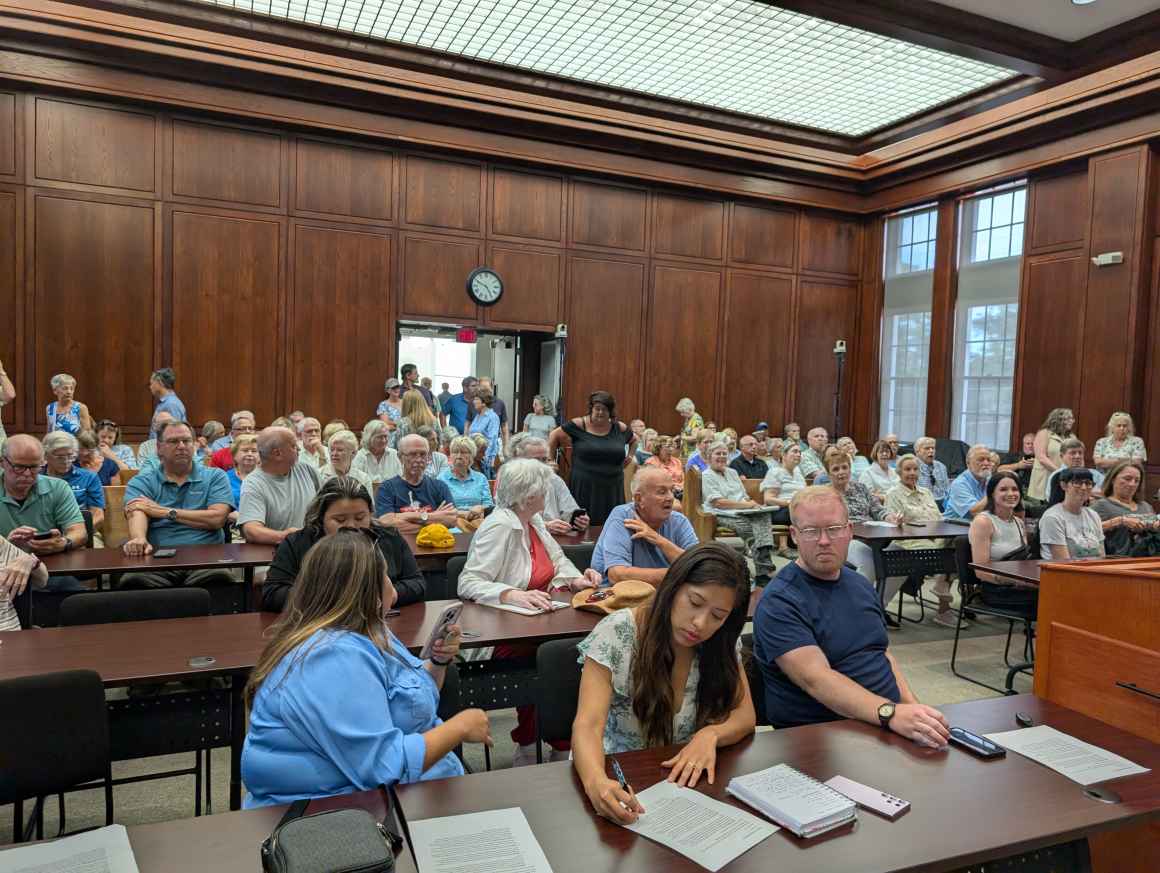
On July 8, 2025, Beaufort County residents spoke out against a proposed 287(g) agreement in a Q&A session with the sheriff.


